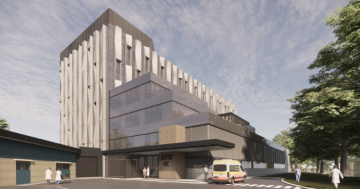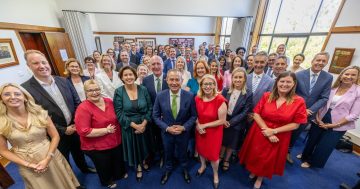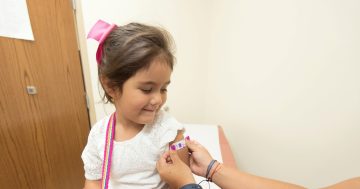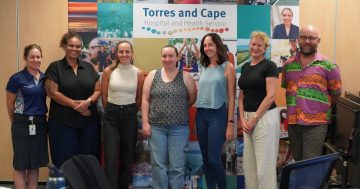
The Pilbara is one of WA’s largest regions, stretching from the Indian Ocean to the NT border and including offshore islands. Photo: Edward Haylan.
A WA government initiative has sent 10 finalists to the Pilbara to help improve access to healthcare in the remote region.
The Pilbara Challenge works with the WA Country Health Service (WACHS) to utilise technology for the advancement of integrated and equitable access to healthcare.
The Pilbara lacks access to primary care due to long travel distances, workforce shortages, low bulk billing rates, appointment wait times, and inadequate access to culturally secure services.
According to the state government’s Pilbara Needs Assessment, many of the region’s remote communities struggle with food security and high fresh food prices. A shortage of housing and expensive rental accommodation has also limited the workforce supply and increased overcrowding, which the region’s Indigenous communities have particularly suffered from.
Another key priority is addressing substance abuse and antisocial behaviour issues among young people.
With a relatively young population and a high proportion of Aboriginal people and fly-in-fly-out (FIFO) workers, the leading cause of disease burden is injury and mental health conditions, especially depressive disorders, suicide and self-inflicted injuries.
There are also significantly high prevalence rates of risk factors for chronic disease, with high rates of obesity, smoking and alcohol consumption compared to the state. The region has low rates of cancer screening and childhood immunisations, particularly for Indigenous people.
WACHS want the challenge to build on face-to-face experiences by using virtual technology, so they can ensure patients see the right clinician at the right time across healthcare services, from emergency to inpatient and non-admitted care including access to specialist outpatient care.
Last week the finalists toured Pilbara communities to gain greater insight into how the region delivers on-the-ground healthcare for their innovative concepts led by world-leading medical research. Earlier this year, the state government encouraged submissions from industry, private sector, public sector agencies, universities, research institutes or international collaborations to join the Pilbara Challenge.
In August, the submission finalists entered the 12-month proof of concept stage, following an industry event where they had to pitch their solutions to an audience of health, medical, business and innovation leaders. Upon conclusion, the finalists will demonstrate their solutions to a panel of judges.
By August next year, the finalists are expected to have implemented their solutions on the ground, with help from the WA Health Department’s $200,000 grant and partnership with a local organisation.
The final winner will be announced by the Medical Research Minister in October 2024 and determined by the concept’s success, early-stage impact and longer-term implementation plan, including a fully costed financial model.
The winner’s $5 million prize will be provided by the Future Health Research and Innovation Fund, Rio Tinto and BHP.
Among the finalists are Telstra Health’s Digital Twin project, the country’s first synthetic chronic disease registry, creating a virtual replica of the complex Pilbara environment and population. The project is intended to be used by researchers and policymakers to test new healthcare strategies and interventions, while seeing the virtual impacts in real time.
Lions Outback Vision and Eye Institute is implementing a region-wide screening program that leverages artificial intelligence, run from a mobile four-wheel-drive van operated by a diabetes educator and an Aboriginal health worker. It will include the oversight of a multidisciplinary specialist, providing care on country through telehealth services and regular site visits.











